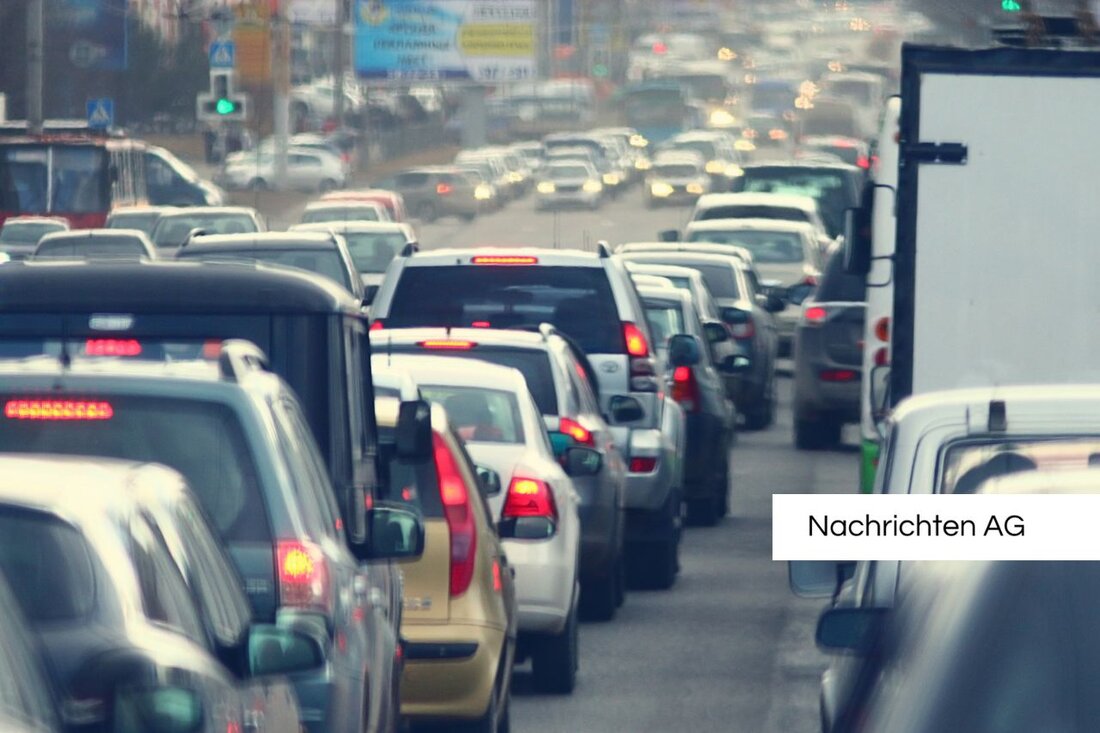Karner and Šutaj-Eštok: Cooperation of the Interior Ministers in Kittsee
Interior Minister Karner will meet his Slovakian counterpart on November 24, 2025. Location: Kittsee, press conference follows.

Karner and Šutaj-Eštok: Cooperation of the Interior Ministers in Kittsee
An important meeting between Austrian Interior Minister Gerhard Karner and his Slovak counterpart Matúš Šutaj-Eštok is coming up on November 23, 2025. The meeting will take place on November 24, 2025 at 11:20 a.m. at the Kittsee/Jarovce Police Cooperation Center, 2431 Kittsee on the A6. The course of the meeting initially includes a tour of the police cooperation center, followed by working discussions on current security policy issues.
Following the discussions, media representatives are invited to a press conference. However, it is noted that accreditation is required. Media representatives who would like to take part in the conference can obtain accreditation via a special link, although it is recommended that they carry a boom pole. The accreditation link is: Click here.
Public access to IMK
The Conference of Interior Ministers (IMK) has decided in the past that its decisions and reports are generally public. However, there are also aspects that can hinder publication; This includes security policy tasks of the interior ministries. In such cases, publication will be waived, as the IMK website explains. In addition, documents from working groups are only published if this is expressly stated ( interiorministerconference.de ).
International police missions and future planning
As part of German security policy, 2024 was a year of increased commitment for German police forces in international missions. A total of 123 police officers were active in EU and UN operations, which represents an increase of 24.2 percent compared to the previous year. These missions took place in countries such as Armenia, Georgia and Ukraine, among others. All missions have the common goal of contributing to civilian crisis prevention and supporting rule-of-law structures in the countries of operation ( federalgovernment.de ).
The German authorities plan to continue and expand this commitment in the coming years. Many of the current mandates, for example in Ukraine, have already been extended by three years. The police contribution to international cooperation therefore remains a central element of German foreign and security policy.
The upcoming meeting between Karner and Šutaj-Eštok will therefore also be important in the context of these international developments, as it offers the opportunity to intensify cooperation and exchanges between the two countries.

 Suche
Suche
 Mein Konto
Mein Konto